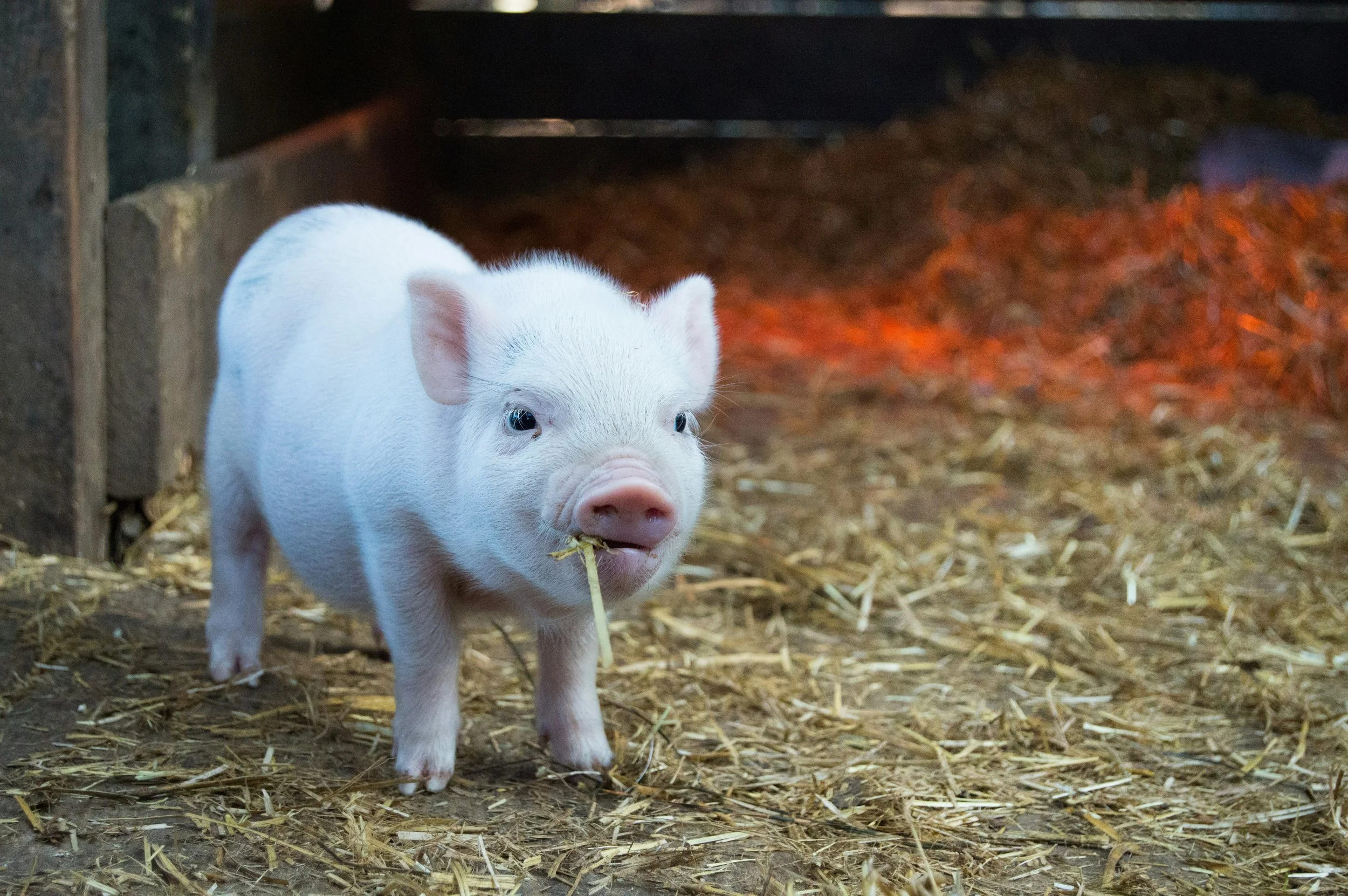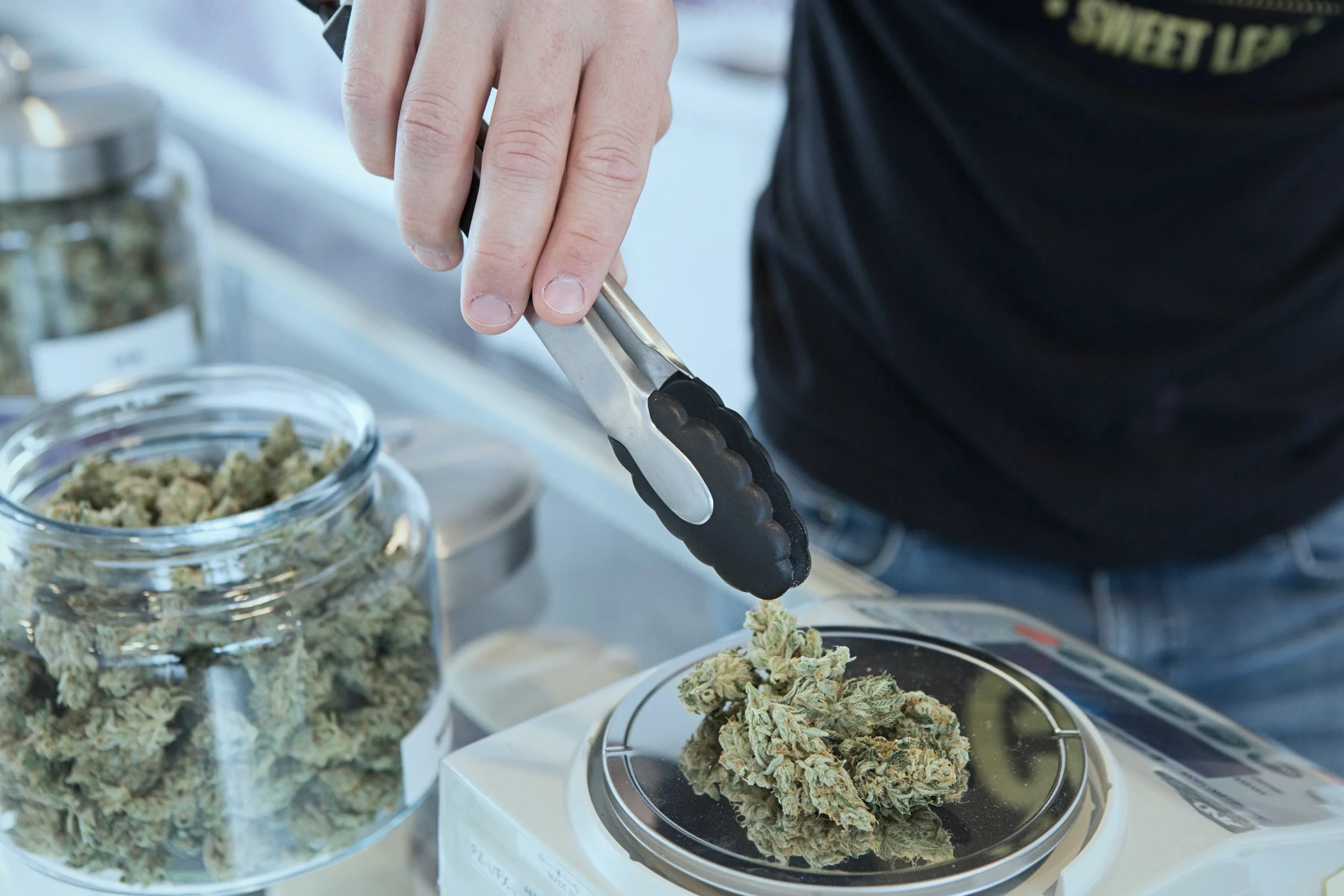The FDA regulates drugs, cosmetics, foods, and dietary supplements, but not THC or CBD. 2L Staffer, Kenneth McQueen, Jr., strongly argues that with the rise of more states legalizing marijuana, it is time for the FDA to start regulating THC and CBD for the sake of public health. McQueen points out the issues that could occur with the regulation of CBD and THC but believes there are ways the FDA can limit the issues while still protecting public health.
Real Hooves, Fake Names, and NFT Snouts: Enforcement of Horse Trademarks
NFTs are becoming extremely popular even with racehorses and are creating a stir in the copyright world. In light of this, 2L staffer Zack Stacy looks at the process for a racehorse to have their name registered through the process outlined in The Jockey Club and how it compares to getting a name registered in the U.S. Patent and Trademark Office. Stacy urges individuals to consider racehorses as brands and offers solutions to assist in the trademark of horses in the new NFT world.
WOTUS and the Future of Wetland Protection
In recent years it has become unclear what wetlands are protected. Senior Staffer Seth Stroud discusses the upcoming Supreme Court case, Sackett v. EPA, which will analyze this issue. The plaintiffs believe the Court should use Justice Scalia’s test (continuous surface connection) while opposing counsel favors Justice Kennedy’s test (significant nexus) for determining what wetlands will be protected. While Stroud analyzes this issue, he expresses the concern of many that the Supreme might be undercutting EPA’s rule-making efforts.
How can the Government Ensure a Safe and Healthy Environment Throughout the Lasting Effects of COVID?
Covid-19 has had a significant impact on individuals and businesses. 2L staffer Emily Riggs discusses the new work lifestyle where people are working remotely and may not return to an office building for work, which has caused office buildings to now be vacant. Riggs strongly advocates that these buildings can help decrease the homeless population and offers an idea for how the states and the federal government can make this possible.
Funding Kentucky's Forests: Proposing a Timber Yield Tax
In recent years, the Kentucky Department of Forestry has been underfunded. 2L staffer Braydan Roark talks about how this has affected staffing issues and essential operations in the KDF. Roark advocates for a timber yield tax and lays out how it should function while putting at ease those who might have concerns about it.
What the Frack: Why Fracking Chemicals Should be Disclosed
Citizens of Pavillion, Wyoming, started to notice a bad taste and smell in their water. Methanol, a toxic chemical, was found in their water from fracking waste. 2L staffer Gracie Sandlin discusses how fracking companies are not required to disclose the chemical injected into the ground due to trade secrets, but is that for the best? Sandlin advocates that these chemicals should not be trade secrets, discusses what another state is doing, and hopes Wyoming will soon follow.
Bankruptcy and the Billion Dollar Baby Powder
Johnson & Johnson has been a household name from, band-aids to baby powders and the Covid-19 vaccine over the years. Lately, they have become a bigger name in lawsuits due to their talc-based baby powder. Senior staffer, Nicola Peters, analyzes Johnson &Johnson’s new bankruptcy legal strategy known as the Texas Two-Step. Peters argues that this strategy is highly problematic and should not proceed.
Cryptocurrency: the Good, the Bad, and the Light at the End of the Tunnel
Cryptocurrency has taken the world by storm lately, and everyone wants in on the action. 2L staffer, Leen Heresh, analyzes this new phenomenon. Heresh points out that although there are many benefits to Cryptocurrency, it is hurting our environment due to the enormous energy consumption required for Cryptocurrency to function. However, Heresh believes that not all hope is lost and offers some solutions to help this increasing problem.














